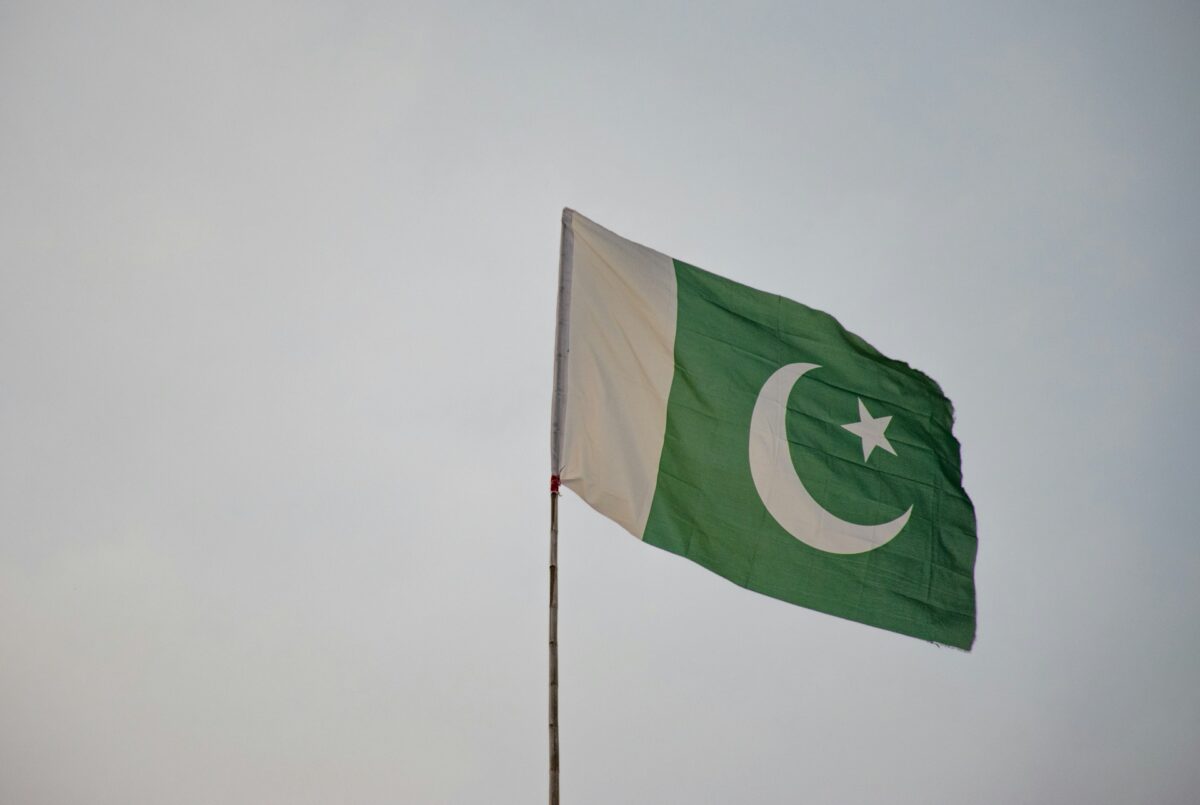Pakistan’s NEPRA issued 1,596 net-metering licences across the country with a cumulative capacity of 221.05 MW in the 2022-23 fiscal year, according to official statistics from the Associated Press of Pakistan.
The licences were issued to consumers under nine different supply companies. The three companies with the most consumers that were granted net-metering licences were K-Electric (458), Lahore Electric Supply Company (331) and Faisalabad Electric Supply Company (183).
The figure is lower than in 2021-22, when 7,032 net-metering licences were granted for a total of 243.43 MW. Pakistan introduced net-metering in 2015 and first updated the scheme in 2018.
Popular content
Last year, NEPRA scaled back plans to reduce the tariff paid to net-metered households. As of today, the tariff still stands at PKR 19.32 ($0.069)/kWh.
According to the latest figures from the International Renewable Energy Agency (IRENA), Pakistan had installed 1,244 MW of solar by the end of 2023.
This content is protected by copyright and may not be reused. If you want to cooperate with us and would like to reuse some of our content, please contact: editors@pv-magazine.com.


Pakistan issued over 1,500 net-metering licenses for solar power in the last year, showing strong consumer interest. There was a decrease in total megawatt capacity compared to the prior year, but hopefully it’s temporary. Pakistan has great potential for solar energy and wider adoption could benefit the country.
There are over 200,000 net metering connections in Pakistan and over 6000 MW of solar panels were imported in the year 2024 alone. 3000 MW of solar now generated by private sector in Pakistan.